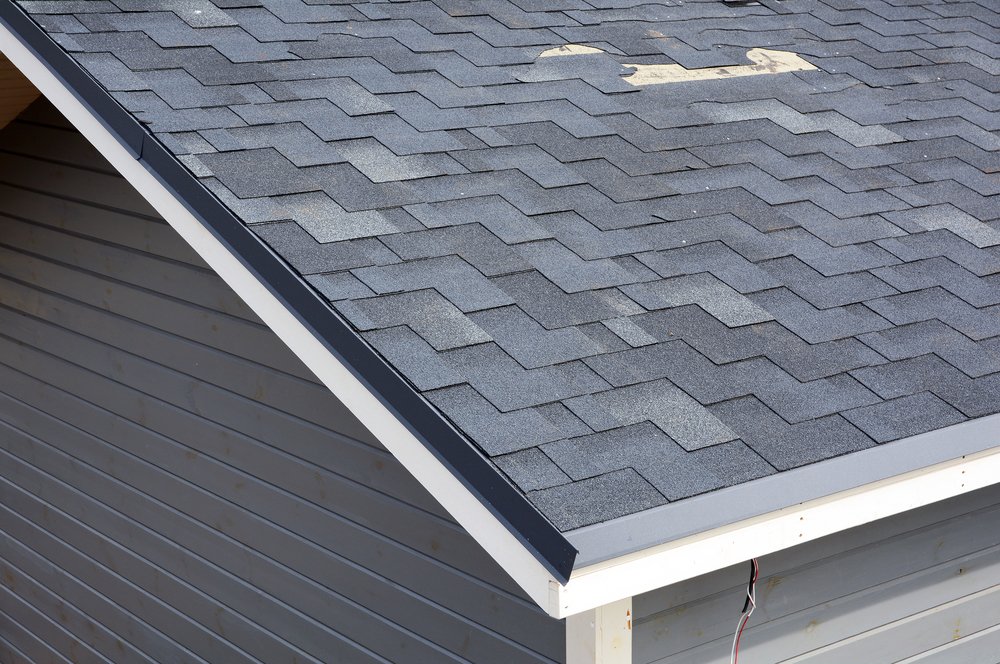Do the windows in your home affect energy efficiency?
Many households will make changes this winter to avoid a spike in their electric bill, as saving money is becoming more and more necessary.Homeowners usually turn up the heat on their thermostat to fend off the cold (and vice versa during the summer), but this is a very temporary fix with a price that adds up quickly. If a house was better able to regulate the temperature within, there would be no need to bother the thermostat. This is the basis for an energy-efficient home, using less energy to get the same desired outcome. There are numerous ways to improve a house's energy usage, but most of the time, a homeowner can identify specific parts of the house that may be causing a loss of interior heat.
Saving Long-Term
"Leaky" windows cause drafts that can account for up to fifty percent of heating and cooling energy loss, so much money literally flies out the window. While the sound of replacing every window is intimidating for many homeowners, the money spent will net profit in the long-run.The U.S. Department of Energy offers benefits and even more savings for those replacing their old windows with Energy Star certified windows. For a window to be qualified for the Energy Star rating, it must prove to be fifteen to forty percent more efficient than builder grade windows. Anything with the Energy Star label is verified to perform as advertised and actively save your money.
Weighing Your Options
The type of window also affects the amount of energy consumed year-round. Single-paned windows are standard in houses built more than thirty years ago, but even some more modern single-pane windows can add upwards of three hundred dollars to your energy bill annually than the double-paned alternative. This is because double-paned windows hold a layer of gas that is denser than air (typically argon or krypton) between the glass panes. This gas makes it harder for cold air to reach a home's interior when freezing weather arrives.Along with being quite energy-efficient, double-paned windows are better at blocking ultraviolet rays without reducing any normal visible light. This is especially valuable during the winter when little direct sunlight is available. Light is still allowed through without the risk of UV rays damaging your belongings over time. Carpets, drapes, wood, and photographs are prone to fading when repeatedly hit with UV rays.
Energy-Efficiency Ratings
Reading the labels on a window can overwhelm a homeowner who is unfamiliar with the window manufacturers' measurements. If you are specifically looking to improve your home's energy efficiency, you should first understand how these values work and what they represent. Below is a list of values relating to energy consumption. R-value is the measurement of a window's insulating ability. The higher the R-value, the better the ability to insulate a home from the outside weather. U-value is the measurement of a window's ability to conduct heat. Heat conduction leads to energy loss within a house, so the lower the u-value, the better. SHGC stands for Solar Heat Gain Coefficient, which measures the heat from sunlight that transfers through a window. It is better to have a low SHGC value, especially if your home gets a lot of direct sunlight.Keep these measurements in mind when window shopping to help ensure you get the most for your money.
If you have questions or want to get a quote on new windows for your home, contact our professional window installers.
Subscribe to Amos Exteriors's Blog






Comments